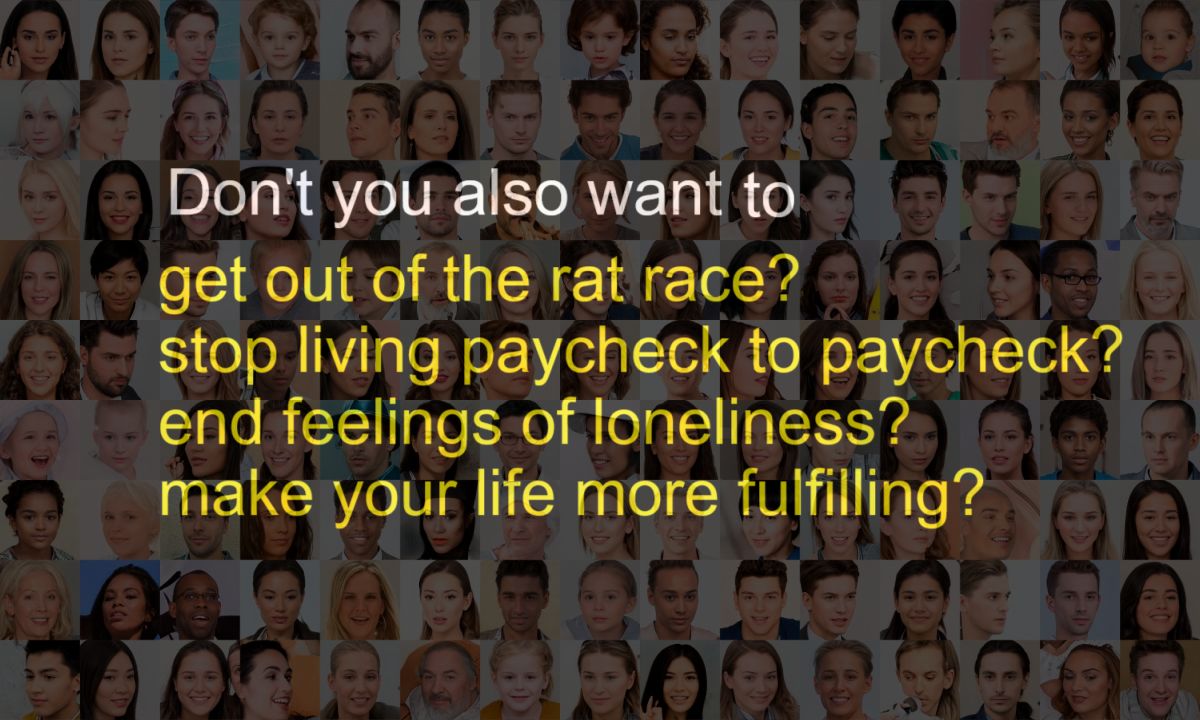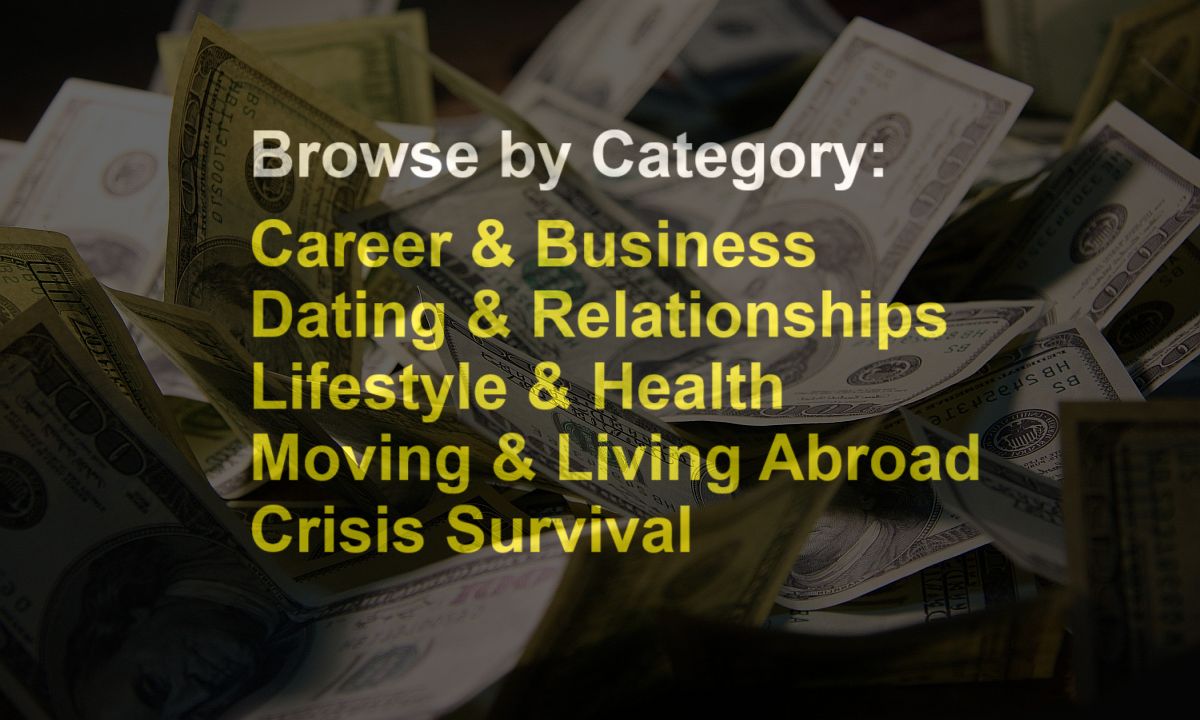Last Updated on September 1, 2025 by Royce Pierpont
In a bold move that underscores its commitment to fostering a diverse and equitable community, the Omaha City Council voted 4-3 to retain diversity, equity, and inclusion (DEI) language in its 2026 budget, defying concerns over potential federal funding cuts linked to a recent Trump administration executive order. The decision, made during a heated council meeting on August 27, 2025, has sparked a vibrant discussion among residents, community leaders, and policymakers about the role of inclusivity in shaping Omaha’s future. As the city navigates a complex national landscape, this vote signals Omaha’s determination to prioritize unity and opportunity for all its citizens.
A Divisive Vote with Far-Reaching Implications
The Omaha City Council’s decision to keep DEI language in the nearly 500-page 2026 budget, valued at $1.8 billion, was not without controversy. The vote came after a proposed resolution by council members Brinker Harding and Aimee Melton sought to remove references to DEI from pages 3 and 181 of the budget document. The resolution was spurred by fears that a Trump administration executive order, signed in January 2025, could jeopardize federal funding for cities with policies perceived to prioritize certain racial groups over others. The executive order, which has stirred national debate, threatens to withhold federal dollars from public entities with DEI initiatives, prompting municipalities across the U.S. to reevaluate their policies.
Despite these concerns, the council’s majority stood firm. Council member LaVonya Goodwin, a vocal supporter of DEI, emphasized the importance of inclusivity while acknowledging the financial risks. “I absolutely care about federal funding coming to the city,” Goodwin said during the meeting. “However, I would be remiss if I did not express my concern and the concern of many of the constituents in my district that this appears to be an attack on diversity—not necessarily from this council, but at a higher level.” Her remarks resonated with many residents who view DEI as a cornerstone of Omaha’s growth and community cohesion.
The 4-3 vote reflects a broader national divide over DEI initiatives. According to a 2025 Pew Research Center survey, 59% of Americans believe DEI programs are essential for creating equitable workplaces and communities, while 34% argue they can lead to unfair advantages or reverse discrimination. In Omaha, the decision to retain DEI language aligns with the city’s ongoing efforts to address historical inequities and promote a welcoming environment for its increasingly diverse population.
Community Voices: A Chorus of Support and Concern
Omaha’s residents have responded to the council’s decision with a mix of enthusiasm and apprehension. Trecia Johnson, president of the Urban League of Nebraska Young Professionals, praised the vote as a step toward a more inclusive future. “Truly, I don’t believe there’s anything wrong with being inclusive,” Johnson told KMTV. “It’s actually what has brought our community together to develop where we are now.” Her organization has been a leading advocate for policies that uplift marginalized groups, including initiatives to increase access to education, housing, and employment opportunities.
Johnson’s sentiment is echoed by many in Omaha’s diverse neighborhoods. The city’s population, which stands at approximately 486,000 according to 2025 U.S. Census estimates, has become more racially and ethnically diverse in recent decades. About 13% of Omaha residents identify as Black, 18% as Hispanic or Latino, and 5% as Asian or Pacific Islander. These communities have long called for policies that address systemic barriers, such as disparities in income, healthcare access, and educational attainment. For instance, a 2024 report from the University of Nebraska at Omaha found that Black residents in the city earn a median household income of $38,000, compared to $62,000 for white households, highlighting the need for targeted equity programs.
However, not all residents are convinced that retaining DEI language is the right move. Some expressed concerns about the potential loss of federal funding, which constitutes roughly 10% of Omaha’s annual budget, or about $180 million in 2026. Local business owner Mark Thompson, who attended the council meeting, voiced his worries to reporters: “I support fairness and opportunity for everyone, but we can’t risk losing millions in federal grants that fund our roads, schools, and public services. There’s got to be a way to balance both.” Thompson’s perspective reflects a broader anxiety about the financial implications of defying the federal executive order, especially as Omaha grapples with other budget challenges, such as the $54 million Tranquility Park renovation, which has faced delays and cost overruns.
A Budget Reflecting Omaha’s Priorities
The 2026 budget, proposed by Mayor John Ewing, represents a 5.6% increase in operational spending from the previous year, totaling $1.8 billion. Key investments include new police and library initiatives, as well as significant funding increases for the Parks and Public Works departments. The Parks Department, for example, saw an 81% budget increase to address infrastructure needs following historic storms in 2024, while Public Works received a 35% boost to improve roads, bike lanes, and pedestrian safety. These allocations underscore the city’s commitment to enhancing quality of life, but the inclusion of DEI language has drawn the most attention.
Omaha’s DEI initiatives, first formalized in 2020 under then-Mayor Jean Stothert, include bias training for city employees, the creation of advisory boards on diversity, and a strategic plan to expand representation in city government. These efforts have led to measurable progress: a 2025 city report noted a 15% increase in minority representation among municipal employees since 2020, with 22% of new hires identifying as people of color. Additionally, community programs like the Level Up! Job and Housing Fair, held on August 31, 2025, at Gene Leahy Mall, have connected residents with resources to promote economic equity, drawing hundreds of attendees seeking jobs, housing, and health services.
The National Context: DEI Under Scrutiny
Omaha’s decision comes at a time when DEI programs are under intense scrutiny nationwide. The Trump administration’s executive order, signed shortly after the president’s return to office in January 2025, has prompted cities like Austin, Texas, and Raleigh, North Carolina, to scale back or eliminate DEI language from their budgets to avoid federal penalties. A 2025 analysis by the Brookings Institution estimated that municipalities with DEI policies could face up to a 20% reduction in federal funding, impacting everything from infrastructure projects to social services.
In contrast, Omaha’s choice to retain DEI language positions it as a leader among mid-sized cities standing firm on inclusivity. “Omaha is sending a message that it values all its residents,” said Dr. Maria Gonzalez, a sociology professor at the University of Nebraska at Omaha. “This decision could inspire other cities to resist pressure and prioritize equity, but it’s a gamble that depends on how aggressively the federal government enforces the executive order.”
Looking Ahead: Balancing Vision and Pragmatism
As Omaha prepares for 2026, the city faces the challenge of balancing its commitment to DEI with the practical need to secure federal funding. Mayor Ewing, who assumed office in 2025, has emphasized a collaborative approach to governance, as evidenced by the “We Make Omaha” master plan, which seeks community input to guide development through 2050. The plan, discussed at a June 2025 community dialogue, highlights accessibility and inclusivity as key priorities, aligning with the council’s recent vote.
For residents like Shannon Spears, who attended the Level Up! Fair, the focus on DEI is a source of hope. “It’s about giving everyone a fair shot,” she said. “My kids deserve to grow up in a city that values them, no matter their background.” Meanwhile, others, like Dawaun Lamont Hayes, who spoke at a 2024 budget hearing, advocate for even broader changes, such as participatory budgeting to ensure community voices shape financial priorities.
As the debate over DEI continues, Omaha stands at a crossroads. The city’s decision to uphold inclusivity in its 2026 budget reflects a vision of unity and progress, but it also invites scrutiny and potential financial risks. For now, Omaha’s leaders and residents are united in their belief that diversity is not just a policy but a strength that will define the city’s future.









